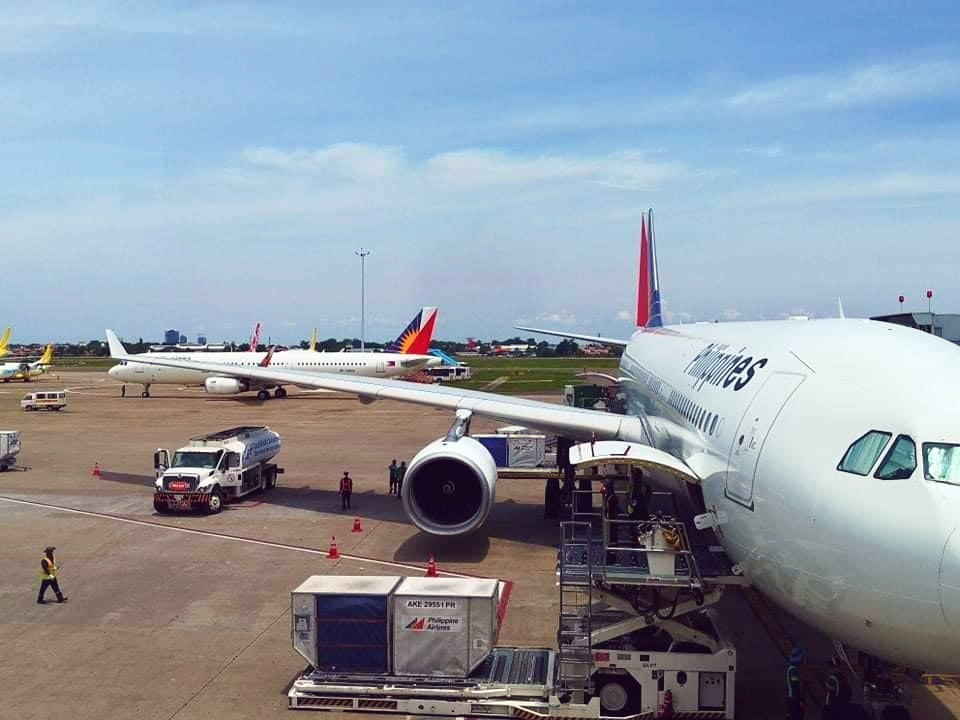The Philippines has partnered with Airbus to conduct a feasibility study on developing a sustainable aviation fuel (SAF) ecosystem in the country. The initiative, announced on October 3, 2024, involves the Department of Transport, Department of Energy, and Civil Aviation Authority of the Philippines.
The study follows the establishment of a SAF committee within the National Biofuels Board, which is overseeing the development of the Philippines’ SAF roadmap. This effort aligns with guidelines set by the International Civil Aviation Organisation (ICAO).
As an ICAO member, the Philippines has committed to achieving net-zero carbon emissions in the aviation industry by 2050. The country plans to use a combination of strategies, including fleet renewal, new technologies, operational improvements, SAF implementation, and carbon offsets.
Airbus, a partner in ICAO’s ACT-SAF program, will contribute to the feasibility study by analyzing macroeconomic data, evaluating SAF feedstocks and production methods, assessing implementation support, and drafting an action plan.
The study is expected to inform policy development and encourage industry stakeholders to advance SAF production in the Philippines.
SAF is considered a key factor in reducing aviation’s carbon footprint. According to industry estimates, it can reduce carbon emissions by an average of 80% over its lifecycle compared to fossil fuels.
Currently, all Airbus aircraft can operate with up to 50% SAF. The company aims to make its entire fleet capable of using 100% SAF by 2030.


























Leave a comment